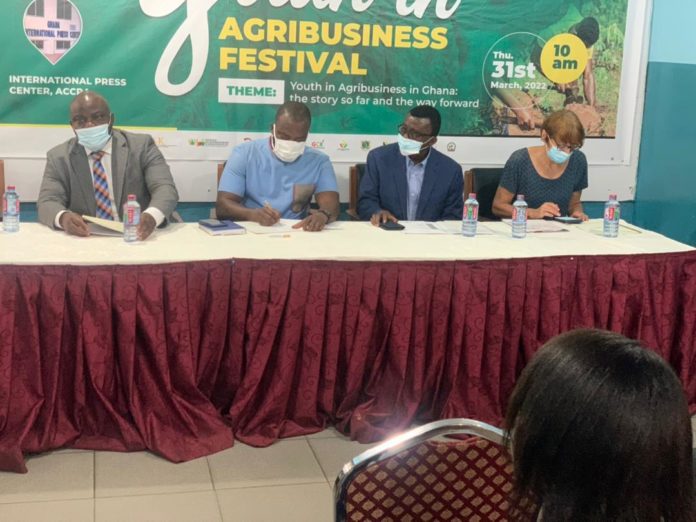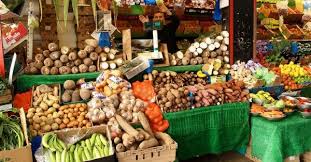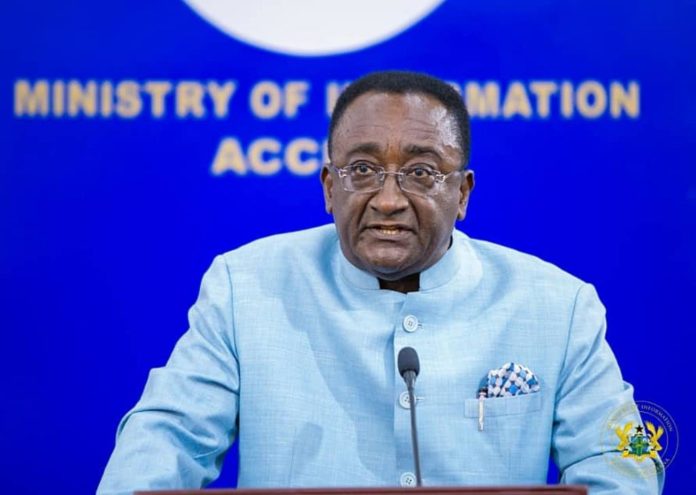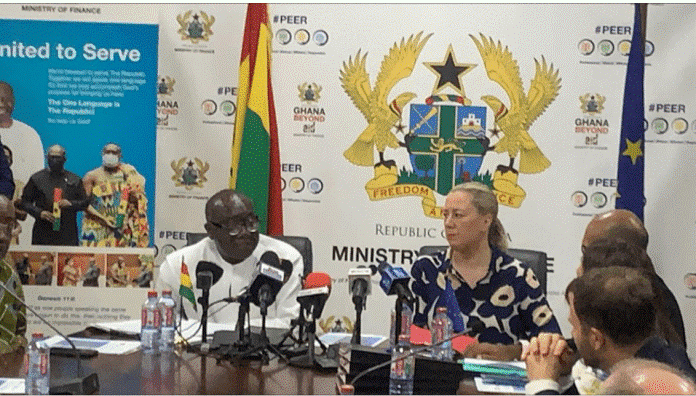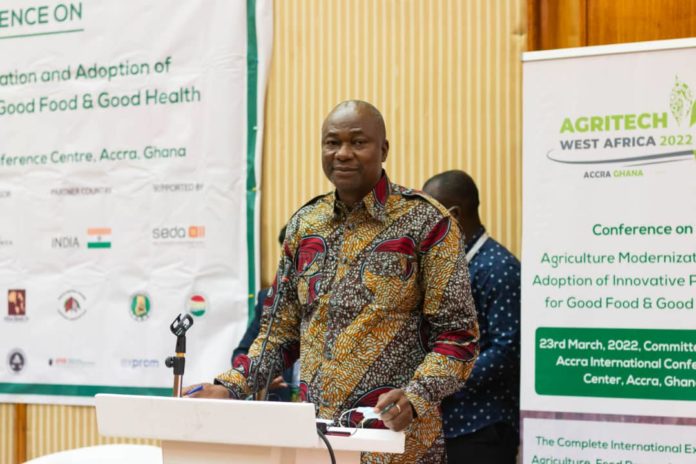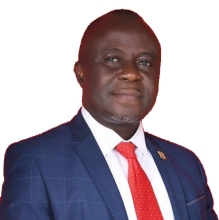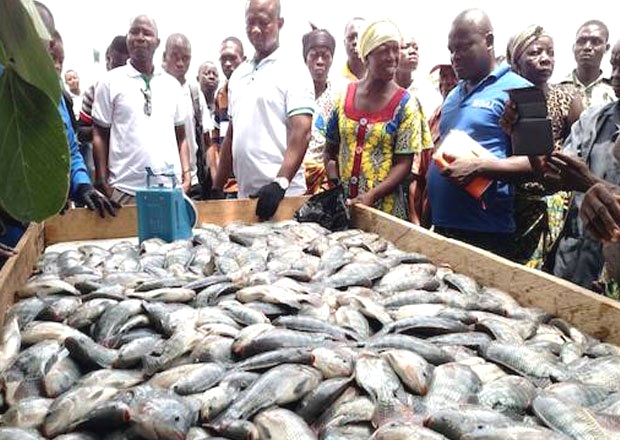The price hikes and shortage of the agro-inputs especially fertilizers are precarious in the world not leaving Ghana to the threat to its food security. The recent war between Russia and Ukraine has disrupted over 30% of the global agricultural products.
Europe may be forced to turn to Malaysian palm oil.
A major energy and food crisis is unfolding as a result of the war in Ukraine.
Russian President Vladimir Putin is forcing European nations to pay in rubles for Russian gas. And the European Union is worried about the acute shortage of sunflower and rapeseed oils that may cause a dent in the food industry.
Youth in Agribusiness Festival launched.
The John A. Kufour Foundation (JAKF) has launched the maiden edition of the Youth in Agribusiness festival to establish the Youth in Agribusiness Information hub in Ghana.
It is only in Accra that people are crying about the high cost of food prices.
“It is only in Accra that people are crying about the high cost of food prices, the situation is different in Kumasi, Bono and Tamale”, the Minister of Food and Agriculture Dr. Owusu Afriyie Akoto, said.
Agric Minister calls for increased climate-smart financing.
The Minister for Food and Agriculture, Dr. Owusu Afriyie Akoto has asked the low-income, middle-income countries, and international to increase their spending on resilient agro-food systems.
Ghana receives €44.7 million boost for agriculture.
Ghana, the European Union (EU), and AFD have signed a 44.7 million euros Agricultural Water Management Project (AWMP) Financing Agreements to augment agriculture activities in the country.
Agritech West Africa exhibition is the opportunity for the developmental growth of the agric sector – Deputy Agric Minister.
The Deputy Minister for Food and Agriculture Ghana Hon. Alhaji Mohammad Hardi Tufeiru said agricultural exhibitions are strategic events organized all over the world by progressive countries seeking to promote agriculture and to fast-track economic growth on a sustainable basis.
Show us which Chinese market sold cassava to Ghana – Dep Agric Min. dares NDC MP.
The Deputy Minister of Food and Agriculture in Charge of Crops, Hon. Yaw Frimpong Addo, has called on Ghanaians to disregard the propaganda peddled by the opposition party, the National Democratic Congress’ Member of Parliament for the Asunafo South Constituency in the Ahafo Region, Hon. Eric Opoku, that Ghana imports huge tonnes of cassava from China to augment the country’s food stock.
MoFA denies importing cassava from China
The Ministry of Food and Agriculture (MoFA) has denied claims that Ghana imports cassava from China.
Tilapia shortage looms as GRDA marks the biggest tilapia farm for demolishing.
Ghana could face a shortage of tilapia in the market following the planned demolishing of the largest tilapia producing company located in Mpakadan in the Asuogyaman district of the Eastern Region by the Ghana Railways Development Authority (GRDA).



